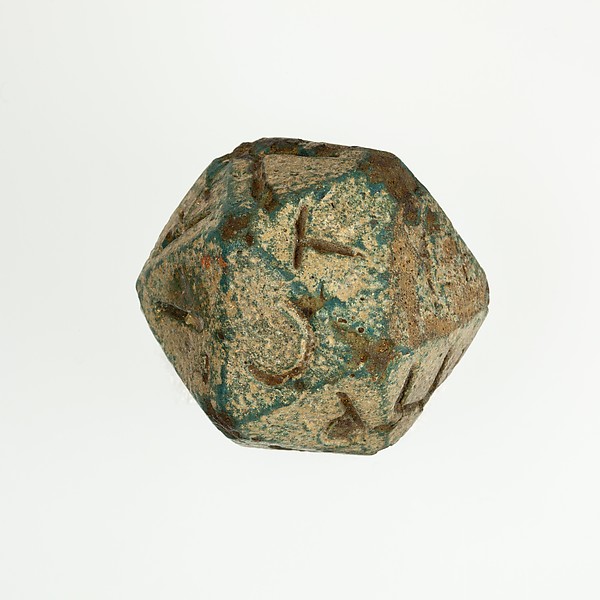Dungeons & Dragons
is a very peculiar
role playing game. There are lots of people who really hate it and, honestly
speaking, I can see their point. On the other hand, it gives you an impression
of playing the very first RPG and the ambience of swords and wizardry has some
magic inside. When you run D&D
you have to be careful to avoid one common mistake which is very easy to make
especially if you stick to this system for longer time: You can become a ‘spawner’
– a Dungeon Master who do nothing more than spawning countless, more and more
powerful crowds of monsters and villains whose only one task is to be
smashed by your players. There are tons of articles in the Internet which can guide
you how to improve your NPCs, how to make them more vivid and real, but DMs
seem to forget that evil wizards, barbarians and thieves who are their main
bosses are living creatures either. Honestly, in most games a dragon which has
lived in a cavern for his entire life has more personality and better story to
tell than a necromancer who was born and grown up among people in big cities of
Faerun.
There is an example of a standard adventure
located in catacombs or something similar: Four characters, let’s say a
warrior, cleric, thief and a wizard got inside and after countless corpses left
behind them, they finally find themselves in the main chamber – big, beautiful,
filled with columns, stairs and everything what can make the nearest battle
more interesting. Off course, in the middle of the room there is a tombstone
where the main loot waits for its finders. Suddenly, tens of undead start to
attack our main protagonists and finally the big star shows up – The necromancer
Black Andrew The Master of the Dead, who wears black robes and a traditional
skull on his head. Battle is very hard and our protagonists end up with ¼ of
their hit points, no spells and potions but with the awesome loot in their
bags. Yay! Great story! But wait… What had Andrew eaten? Where had he slept?
What had he done when he had been bored of rising the undead and doing all
other evil stuff?
That is my point. Do not let those villains to
be just spawns to kill. You can simply add a few things to your story to make
Andrew more vivid and, well, real. First of all, create another room just next
to this main chamber. Put a bed, desk and a cupboard inside. If you have got any
problem with that, picture yourself as a bad guy and imagine that you have got
a door in your main chamber which leads to your private room. Think about your
friends’ rooms and what they have on desks, walls and how those things express
their personalities. Look at those two lists below:
Awesome loot
|
Loot that makes your bad guy real
|
·
Awesome sword of awesomeness (+5 to being awesome)
·
Dark shield of darkness
·
Screaming dagger of killing mothers-in-law
·
More awesome items which make your players’ characters look like a
sparkling exhibition of a sex shop
|
1. Basic needs:
Some salted meat and
an old bread; Bed, table, chair, candles and other stuff like these
2. Interests:
Among books over
necromancy: Romances,
D-I-Y handbooks, hidden paintings of naked sexy elven
women (well, that one fits better in Basic needs above, doesn't it?)
3. Look what YOU have in your room
|
I think you have got my point. Those are really
easy things to add and they do not make characters more powerful in any way. Next
time your players will know that Andrew is a human and has to eat and sleep
just like their characters and he is not just a spawn.
Furthermore, if you want to put a little more
afford in Andrew’s story, you can prepare some letters (not extremely
well-built – they can just begin with “How are you?”), notes over his
researches and similar hand-written supplements. This way, besides eating and
sleeping, you show your players that the villain is set in the world – he/she
has friends, things to do, work which he/she had been doing just before the
moment when PCs attacked him.
Think this way: This stuff does not take much
time but it can make another facet of your play more real.


